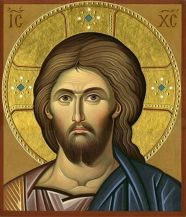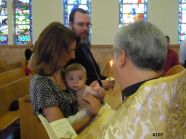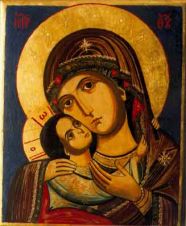"But I through the abundance
of Thy steadfast love will enter Thy house,
I will worship toward Thy holy temple
in the fear of Thee.
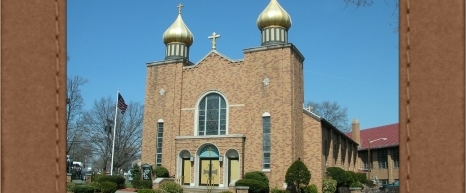
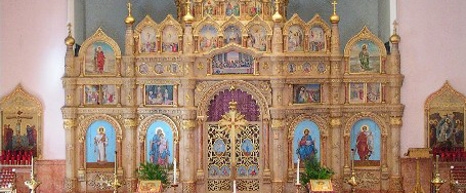

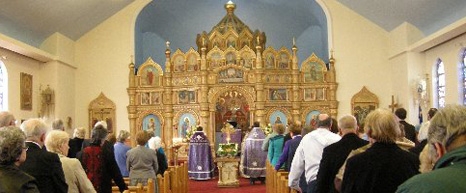
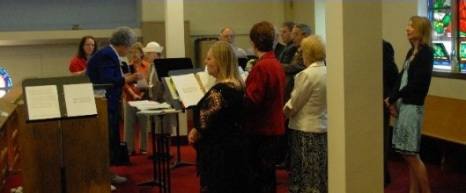

"But I through the abundance
of Thy steadfast love will enter Thy house,
I will worship toward Thy holy temple
in the fear of Thee.
I will wash my hands in innocence; so I will go about Your altar, O Lord,
that I may proclaim with the voice of thanksgiving,
and tell of all Your wondrous works.
Lord, I have loved the habitation of Your house,
and the place where Your glory dwells.
Psalm 26:6-8
Enter His gates with thanksgiving, and His courts with praise!
Give thanks to Him, bless His name!
For the LORD is good; His steadfast love endures forever,
and His faithfulness to all generations.
Psalm 100: 4-5
O magnify the LORD with me,
and let us exalt His name together!
Psalm 34:3
Praise the LORD!
Praise Him with sounding cymbals; praise Him with loud clashing cymbals!
Let everything that breathes praise the LORD!
Praise the LORD!
Psalm 150:5-6
Be still, and know that I am God.
Psalm 46:10
